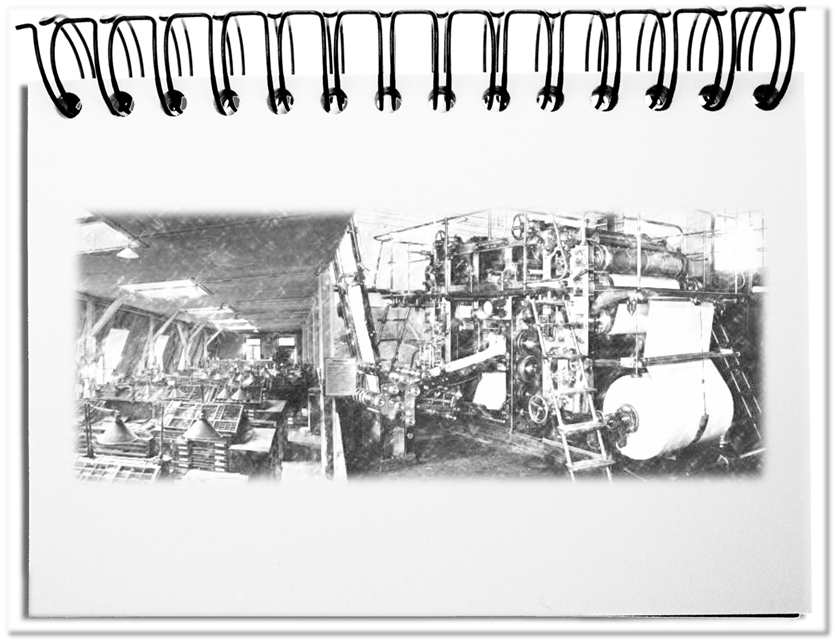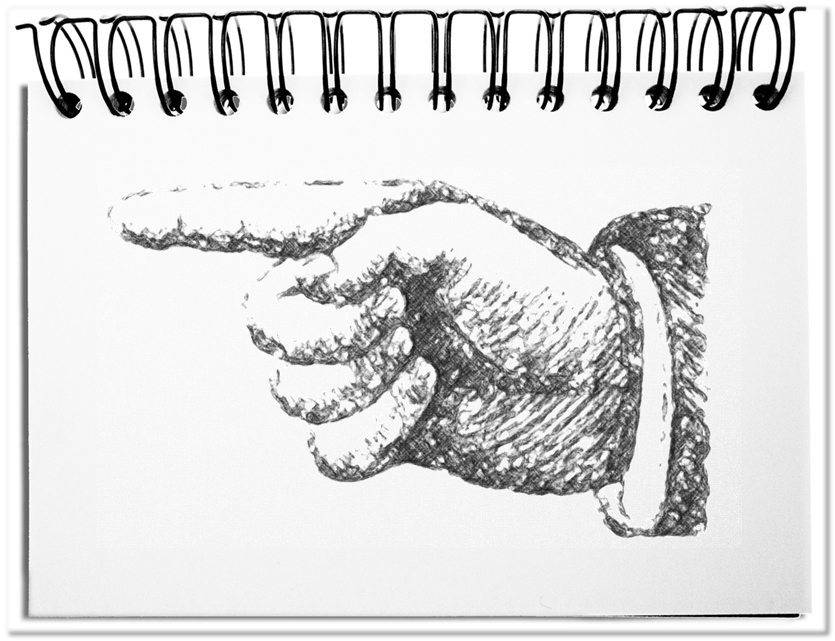The path to the public has always begun with the authors. They develop ideas and take the time to create an article. In the past, implementation was very much a division of labor. Authors wrote texts. Illustrators designed the pictures. Layout designers determined the page structure. Proofreaders corrected the texts. Censors ensured compliance. The printers sat the pages – or refused, if they did not like the content. The machine operators produced the print runs. At the end, the articles in a book, a newspaper or on a poster were distributed in various ways to the readers. Editors published the whole. With the new public, everyone, who has access to the Internet, has the opportunity to spread its ideas.
On the way to the public, everyone takes care by themselves of all the aspects mentioned – creation, correction, censorship and delivery. This, the fourth estate gets shaken. Is this already the end? The established media is facing one of the biggest disruptions since the invention of book printing. Today’s authors can master all known media on their own.
- Internet domain
Since it is no longer necessary to program an Internet site, because generators of all kinds bring multimedia content cost-effectively into the Internet, everybody can afford its own domain – such as http://memecon.com . Actually, what is the forerunner of an Internet domain? - Social networks
Facebook, Linkedin, Xing and the many other social networks offer the possibility to create personalized pages and being that way accessible via multimedia. The forerunners of social networks were associations, clubs and other communities, do not have by far the reach of today’s platforms. - Video platforms
The moving image used to be distributed by TV stations. Today, everyone can open a personal channel and broadcast videos. The offers, which go on air via YouTube and vimeo, Dailymotion or alugha, deliver ever better content. The forerunners, the television stations, are only just under 100 years old. - Podcast Channels
Podcasts are evolving, which broadcast via stations such as iTunes, Stitcher, acast or others as successor of the radio. The topic-oriented „broadcasts“ lead to a new listening behavior. And this, after the predecessors, the radio stations, are only around 100 years old. - Print on demand
And even the classic publication on paper can be done today by anyone – with an ISBN number you are represented in the relevant sales channels, e.g. Amazon, https://isbnsearch.org/. This means that an established medium that has been around for almost 600 years is available to everyone.
The impacts on the established channels are not yet foreseeable. However, the media are already starting to think about how to adapt their business model. The first controversies already happened between the existing media. Just think of the daily papers that are suing the app providers of news channels in Germany. Or the dispute with the search engines that display excerpts of content, which, given the current speed of use, result in the fact that former subscribers save money because the abstracts already fit their needs. All partners of the established media, i.e. the advertising industry, the traders or football clubs, are also affected. The access to their customers is shifting. And the old indicators of publicity get lost. Once consumers‘ attention has moved away from the fourth estate, it will be difficult to win them back.
Beyond that, the established media seems to regard themselves as systemically relevant, pointing out their independency, their expertise and public mandate. However, one must ask oneself whether a medium is able to live up to this claim – with coverage of an event in Syria that is done from the balcony of a hotel in Cairo, Egypt. In the end, every form of reporting is a filter – regardless of whether it withholds deliberately or unintentionally. It becomes even more difficult, if the classical relations are questioned – if for example a spectator makes an exciting Podcast of a football game; or a traveler reports from an unreachable crisis region; or the advertising industry throws itself on the influencers and creates thereby new rules in marketing.
Of course, the content of the new public lacks at this early stage established bodies that ensure the quality of the posts. That way, opinions can become facts and facts can become fake news. Due to the speed with which the Internet tsunami pours out, it is a little late to convey the necessary skills – but better late than never. However, it would be wrong to disparage or even prevent these developments. The society must take care to incorporate the appropriate media competence into school curricula – unfortunately this is being thwarted by some brain researchers, who condemn the new media.
Bottom line: To a certain extent, the media landscape has become more democratic. Everyone can participate and send their content into the world. The resulting noise fragments society. The classic block busters will disappear. The social character of jointly receiving information disappears. Every consumer gets exactly what he wants, what can differ dramatically from its neighbor. Until we have learned an appropriate ethics of news, information or publication, we will have to live with those who exploit the new freedom and bombard the world with false reports. The new public remains an unresolved challenge for the time being.


